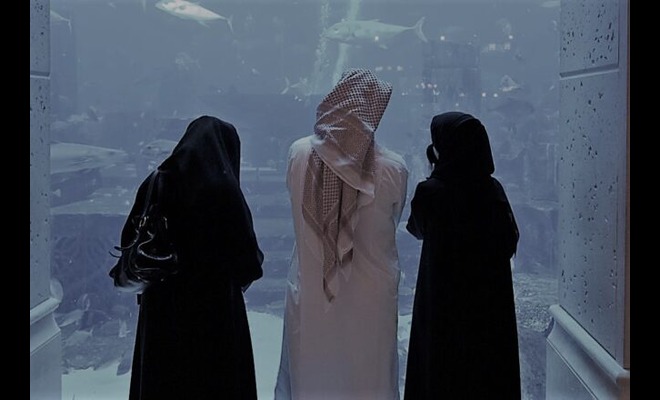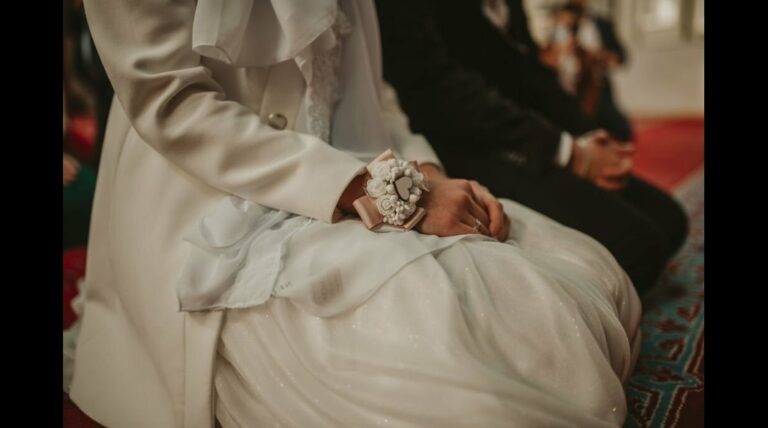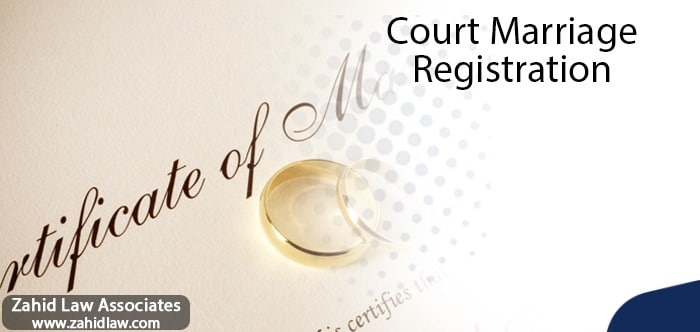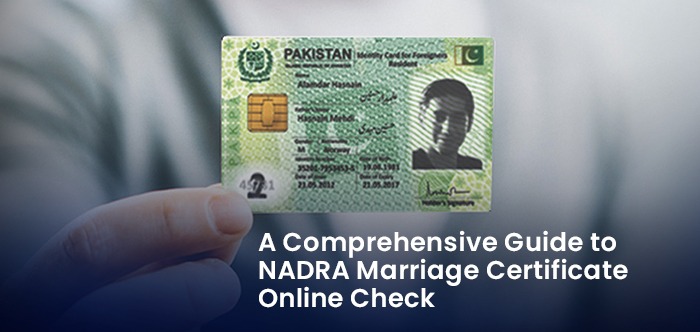Court Marriage in Islam: Is It Allowed and Legal?

Court marriage is a topic of interest for many Muslims, particularly those seeking clarity about its permissibility in Islam. This blog explores the concept of court marriage in Islam, addressing its legality, permissibility, and how it aligns with Islamic principles.
What is Court Marriage in Islam?
Court marriage refers to a legal union between two individuals formalized through a court or government authority. Unlike traditional Islamic Nikah ceremonies conducted by religious scholars, court marriages are primarily civil contracts formalized through legal authorities.
In Islam, the validity of any marriage hinges on the fulfillment of certain conditions:
- Consent of both parties.
- The presence of witnesses (preferably two Muslim males).
- A clearly defined Mahr (dowry) agreed upon by the bride and groom.
When these conditions are met, a court marriage can align with Islamic teachings. To understand how these Islamic requirements are fulfilled under Pakistani law, couples should review the court marriage procedure in Pakistan.
Is Court Marriage Allowed in Islam?

Yes, court marriage is allowed in Islam as long as it fulfills the essential Shariah conditions of Nikah, including consent, witnesses, wali, and mahr.
- Mutual Consent: Both parties must agree willingly to the marriage without any coercion.
- Mahr: The groom must provide the dowry, which is the bride’s right in Islam.
- Witnesses: Having two male Muslim witnesses (or one male and two female witnesses) ensures the marriage is publicly known and not secretive.
By fulfilling these criteria, court marriage can be considered both a civil and religious union.
Is Court Marriage Valid in Islam?

The legal aspect of court marriage in Islam depends on whether it aligns with Islamic principles and local laws. In most Muslim-majority countries, civil court marriages are recognized as long as they do not violate Islamic teachings.
For instance:
- If the marriage complies with the laws of the land and does not involve prohibited acts (such as secret marriages), it is deemed valid in Islam.
- The documentation of a marriage through a court can also provide legal protection, particularly in matters like inheritance, property rights, and marital disputes.
Why Do Some Muslims Opt for Court Marriage?
- Legal Protection: It ensures that the marriage is officially recognized by the state.
- Simplicity: Court marriages are often straightforward and cost-effective.
- Interfaith Marriages: For individuals marrying non-Muslims, court marriages may be preferred due to legal and societal constraints.
- Avoiding Cultural Pressures: Some couples choose court marriage to avoid extravagant ceremonies.
Misconceptions About Court Marriage in Islam
- Secrecy: Some believe court marriages are done in secret, which is discouraged in Islam. A marriage must be publicized to avoid misunderstandings.
- Un-Islamic Practice: Court marriage is sometimes wrongly perceived as un-Islamic due to its association with civil procedures. However, the core Islamic principles of Nikah remain intact.
Benefits of Court Marriage in Islam
- Legal Documentation: A court marriage ensures that the union is legally recognized, protecting both partners’ rights.
- Flexibility: It accommodates couples who may face opposition to their union due to cultural or societal pressures.
- Simplified Process: Avoids the complexities of traditional ceremonies while still adhering to Islamic requirements.
FAQs About Court Marriage in Islam
Is court marriage allowed in Islam?
Yes, court marriage is allowed in Islam if it fulfills the Shariah requirements for a valid Nikah, including mutual consent, the presence of witnesses, and Mahr.
Is court marriage legally valid in Pakistan?
Yes, court marriage is legally valid in Pakistan when it is conducted according to Pakistani law and Islamic principles. Once the Nikah is properly solemnized and registered, it is recognized by courts and government authorities.
Does court marriage require a wali (guardian) in Islam?
Yes, for a woman, having a wali (guardian) is recommended and considered essential in traditional Islamic jurisprudence. However, some scholars allow exceptions in specific cases.
Can court marriage be considered a valid Nikah?
If all conditions of Nikah are fulfilled, such as consent, witnesses, and Mahr, a court marriage can be considered a valid Islamic marriage.
Is court marriage the same as traditional Nikah in Islam?
Court marriage is more of a legal process, while traditional Nikah is a religious ceremony. However, both can coexist if the Islamic requirements are met.
What are the disadvantages of court marriage in Islam?
Court marriages might face societal disapproval or family objections, especially if done without involving families.
Does Islam permit court marriage without family approval?
Family involvement is encouraged in Islam, but it is not mandatory for the validity of a Nikah. Mutual consent of the bride and groom is key.
What documents are required for court marriage in Islamic countries?
Typically, identification documents, proof of single status, and witnesses are required. Legal requirements may vary by country.
Is court marriage haram if done secretly?
Secret marriages are discouraged in Islam. Publicizing the marriage ensures transparency and prevents societal doubts.
What is the difference between civil marriage and court marriage in Islam?
Civil marriage focuses solely on legal recognition, while court marriage can combine civil and religious (Islamic) requirements.
Can a Muslim marry a non-Muslim through court marriage?
Islam allows a Muslim man to marry a woman of the People of the Book (Christian or Jewish). However, a Muslim woman marrying a non-Muslim man is generally not permissible without conversion to Islam.
While court marriage can be valid in Islam when all conditions are fulfilled, many couples today prefer a more structured and supervised alternative. In such cases, online Nikah in Islam offers a Shariah-compliant solution that ensures proper consent, witnesses, wali involvement, and legal documentation, especially for overseas or long-distance couples.
Conclusion
Court marriage in Islam is permissible when it fulfills all Shariah conditions. However, understanding both religious and legal requirements is essential before proceeding, especially when documentation, family consent, or international circumstances are involved.
If you’re considering a court marriage, it’s crucial to consult knowledgeable scholars and understand the legal requirements in your region.






